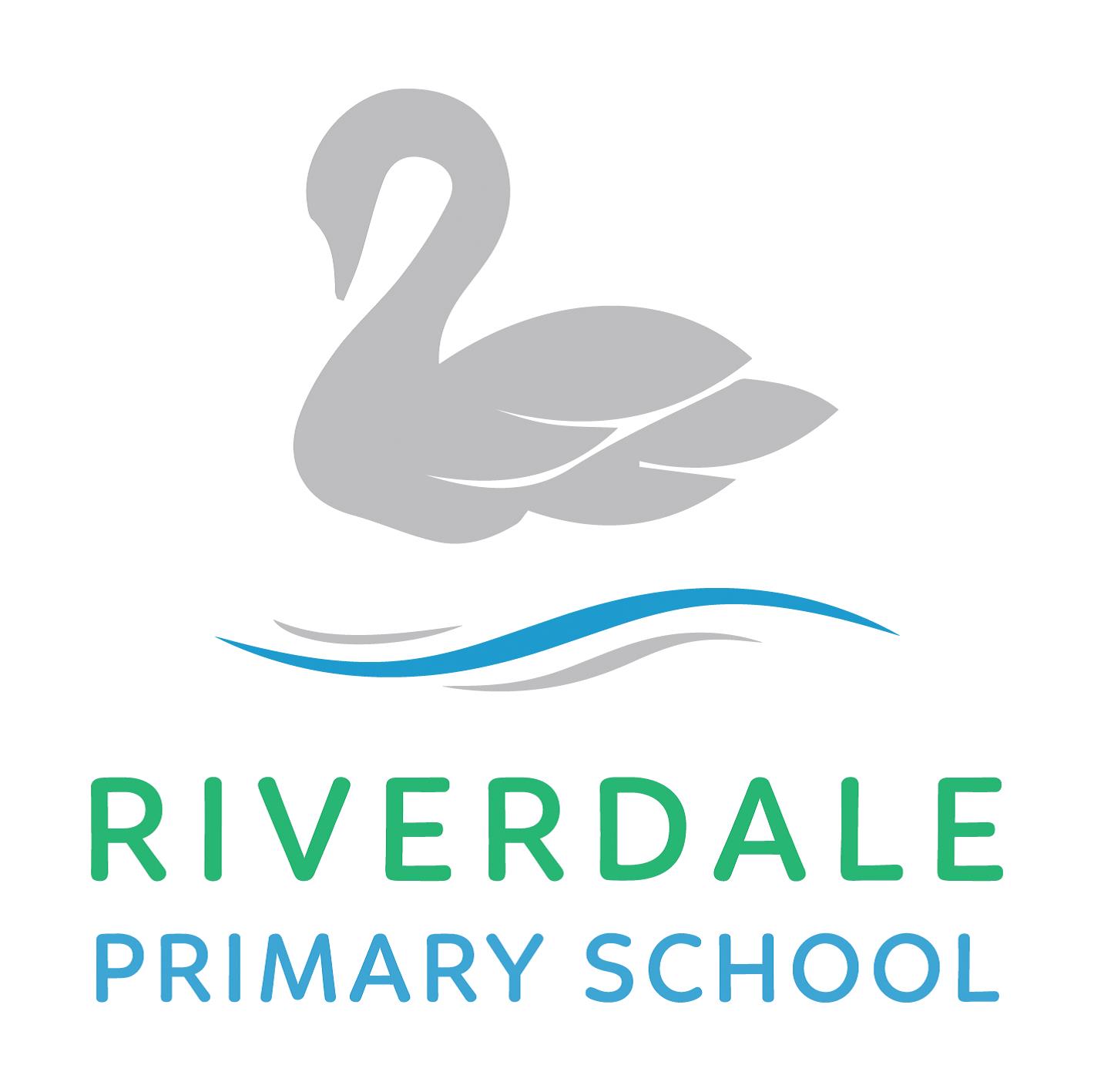Geography
Through our teaching of Geography, we aim to develop
- An excellent knowledge of where places are and what they are like.
- An excellent understanding of the ways in which places are interdependent and interconnected and how much human and physical environments are interrelated.
- An extensive base of geographical knowledge and vocabulary.
- Fluency in complex, geographical enquiry and the ability to apply questioning skills and use effective analytical and presentational techniques.
- The ability to reach clear conclusions and develop a reasoned argument to explain findings.
- Significant levels of originality, imagination or creativity as shown in interpretations and representations of the subject matter.
- Highly developed and frequently utilised fieldwork and other geographical skills and techniques.
- A passion for and commitment to the subject, and a real sense of curiosity to find out about the world and the people who live there.
- The ability to express well-balanced opinions, rooted in very good knowledge and understanding about current and contemporary issues in society and the environment.
We will do this by giving children the opportunity to develop their geographical skills across the curriculum in the following ways.
Key Stage 1
- Investigate the world’s continents and oceans.
- Investigate the countries and capitals of the United Kingdom.
- Compare and contrast a small area of the United Kingdom with that of a non-European country.
- Explore weather and climate in the United Kingdom and around the world.
- Use basic geographical vocabulary to refer to and describe key physical and human features of locations.
- Use world maps, atlases and globes.
- Use simple compass directions.
- Use aerial photographs.
- Use fieldwork and observational skills.
Key Stage 2
- Locate the world’s countries, with a focus on Europe and countries of particular interest to pupils.
- Locate the world’s countries, with focus on North and South America and countries of particular interest to pupils.
- Identify key geographical features of the countries of the United Kingdom, and show an understanding of how some of these aspects have changed over time.
- Locate the geographic zones of the world.
- Understand the significance of the geographic zones of the world.
- Understand geographical similarities and differences through the study of human and physical geography of a region or area of the United Kingdom (different from that taught at Key Stage 1).
- Understand geographical similarities and differences through the study of human and physical geography of a region or area in a European country.
- Understand geographical similarities and differences through the study of the human and physical geography of a region or area within North or South America.
- Describe and understand key aspects of:
- physical geography, including: climate zones, biomes and vegetation belts, rivers, mountains, volcanoes and earthquakes and the water cycle
- human geography, including: settlements, land use, economic activity including trade links and the distribution of natural resources including energy, food, minerals and water supplies.
- Use maps, atlases, globes and digital/computer mapping to locate countries and describe features studied.
- Use the eight points of a compass, four-figure grid references, symbols and keys (including the use of Ordnance Survey maps) to build knowledge of the United Kingdom and the world.
- Use a wide range of geographical sources in order to investigate places and patterns.
- Use fieldwork to observe, measure and record the human and physical features in the local area using a range of methods, including sketch maps, plans and graphs and digital technologies.
Please click on the link below for the Geography Long Term Plan:




